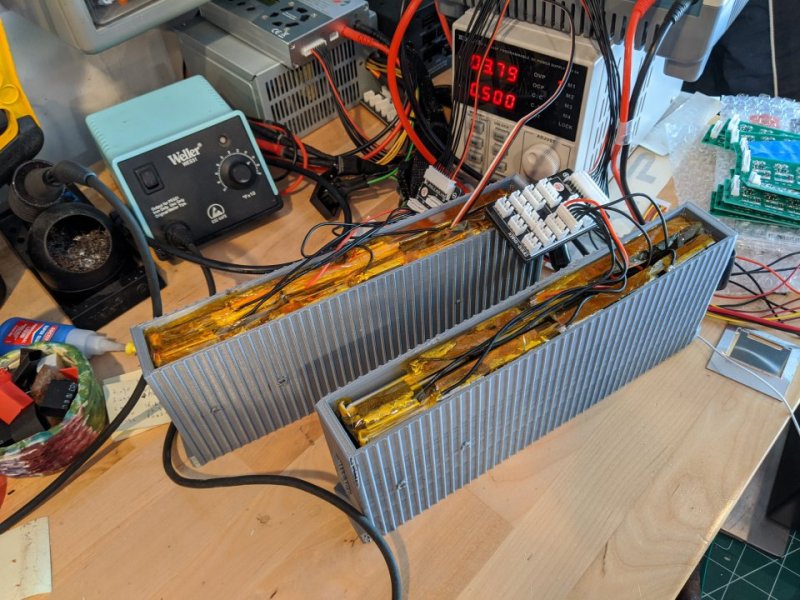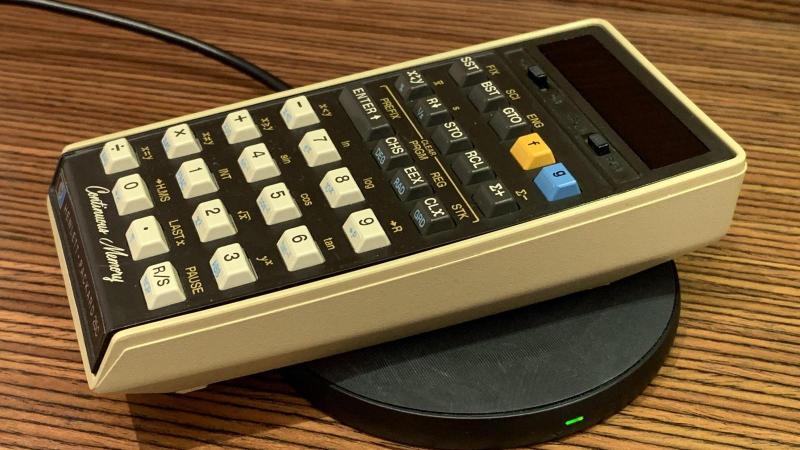Prosthetic arms can range from inarticulate pirate-style hooks to motorized five-digit hands. Control of any of them is difficult and carries a steep learning curve, rarely does their operation measure up to a human arm. Enhancements such as freely rotating wrist might be convenient, but progress in the field has a long way to go. Prosthetics with machine learning hold the promise of a huge step to making them easier to use, and work from Imperial College London and the University of Göttingen has made great progress.
The video below explains itself with a time-trial where a man must move …read more
Continue reading Artificial Limbs And Intelligence→


